A huge funding disparity over legal representation at inquests has been exposed by a campaign charity that has long called for an equality of arms between bereaved families and the state.
Figures released by the charity Inquest reveal that, in 2017, the Ministry of Justice spent £4.2m on legal representation for the prison and probation service - while grieving families received £92,000 through the Legal Aid Agency's exceptional funding scheme.
Inquest says the £4.2m is a partial figure of the total spent on representing state and corporate bodies at inquests, as private prison and healthcare providers, NHS and other agencies are often separately represented.
The figures are based on a freedom of information request and information revealed in a parliamentary answer to shadow justice secretary Richard Burgon.
Rebecca Roberts, Inquest's head of policy, said: 'These are truly shocking figures and it's no wonder that families feel that the system is stacked against them. The Ministry of Justice must act now to introduce fair legal funding for bereaved families to ensure a level playing field at inquests.'
Inquest is urging the government to reconsider its decision not to introduce automatic public funding for bereaved families in cases where the state is represented.
The figures were released as MPs began debating the issue of public funding at inquests. Labour's Stephanie Peacock opened the Westminster Hall debate, which she said was about the simple premise of who can and cannot access justice.
Peacock said: 'On the one hand, state bodies and representatives are equipped with access to unlimited funds and resources - the best experts and the best legal teams. On the other hand, vulnerable families in the midst of grief are forced to navigate a complex and alien application process that is provided with the bare minimum of support - indeed, most people will not even receive that.'
Former shadow justice minister Andy Slaughter said the government relied on the argument that inquests are an inquisitorial process. 'So one must ask why, if the family does not need representation, the various state bodies always need to be lawyered up.'
Tim Loughton, Conservative MP for East Worthing and Shoreham, said the only parties whose legal representation will not be paid for at a forthcoming inquest over the 2015 Shoreham Airshow crash are the families of the 11 victims, which he said was a 'travesty of justice'.
Justice minister Lucy Frazer listed several steps the ministry is taking to help bereaved relatives, including revising the information given to families on coronial processes, relaxing the means test and simplifying the exceptional case funding forms.
The Legal Aid Agency is looking at linking up with banks and HM Revenue and Customs 'to automatically see whether people satisfy the means test, without them having to fill in a whole load of forms'.
Government departments might be asked whether they need the number of lawyers they instruct.

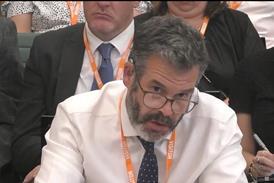

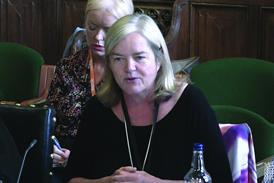




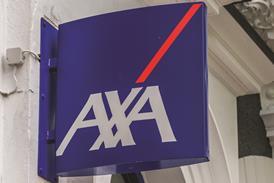









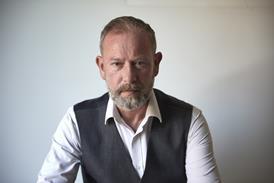
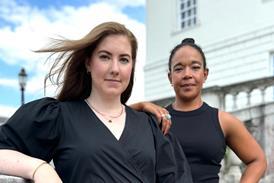







13 Readers' comments